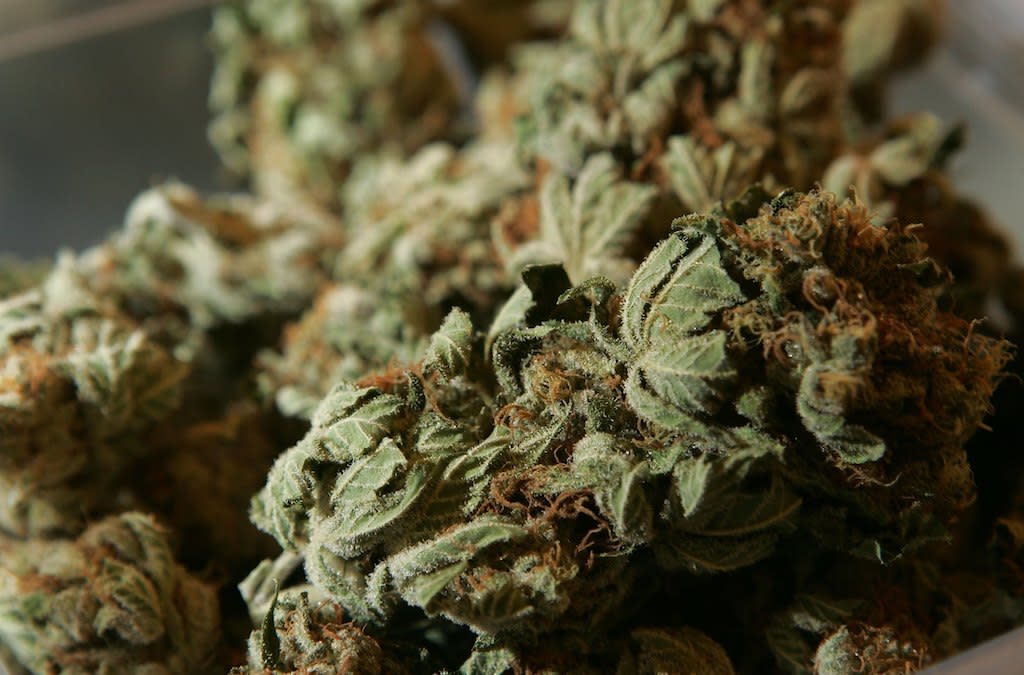After legalization: What will happen if you cross the U.S. border with cannabis?

Under Bill C-45, the legislation that will legalize and regulate cannabis nationwide this July, travellers to Canada will still face hefty penalties for crossing the border with it.
Once the Cannabis Act comes into force, people caught trying to import or export cannabis could face up to 14 years in jail if caught. The bill also specifically mentions that it is illegal to possess marijuana for export purposes.
A series of factors affects the government’s stance toward cannabis as Canada inevitably marches to legalization day on July 1, 2018. “It’s a very practical approach to the legalization of cannabis,” says Joel Sandaluk, a Toronto-based immigration lawyer. “It’s not going to be just legalized. It will be regulated.”
The regulatory regime that Canada has adopted calls for a total ban on the importing or exporting of cannabis, unless authorized by the government. Think of it as similar to the way Canada has strict rules on the importing of dairy or the ban on interstate alcohol sales. The key difference though is that the American government classifies marijuana as a Schedule I drug, in the same category as heroin. Given Canada’s only land borders are with the U.S., it would make sense to not approve the export of marijuana as it would undoubtedly go south of the border.
“There’s an incredibly complex regulatory and statutory scheme that has to be created in order to govern how products are imported, exported, how they’re sold, how they’re manufactured from within Canada,” says Sandaluk. “A lot of times, we don’t think about it in those terms.”
Nevertheless, NDP health critic Don Davies has criticized the federal government for failing to reach an agreement with their American counterparts to not ban Canadians from entering the U.S. once cannabis becomes legal across the country in July 2018. He predicated that “hundreds of thousands of Canadians denied entry to the United States because they admitted to using cannabis,” highlighting the zero-tolerance policy American customs agents have when it comes to marijuana.
Adding to the cautiousness of the government is the fact that it has never regulated cannabis before, so important lessons on the unintended effects of legalization will only be learned once it has happened. The hope among cannabis advocates is that the provinces will modify their laws as the effects of legalization are seen.
However, changes to the punishment for importing or exporting cannabis are likely to stand for a long time. “Nothing about prohibition is reasonable, and I think crossing the border will probably be the last thing to go,” says Dana Larsen, a Vancouver-based cannabis activist and former editor of Cannabis Culture magazine.
There are also concerns about the rights medical marijuana users will have when crossing the border. Currently, Canadians can be barred from entering the U.S. if they even admit to having used marijuana in the past. And they aren’t allowed to carry it over the border even if they have a prescription for it.
“This will be a multi-year process not just in Canada but all around the world,” says Larsen. “Many countries are moving away from prohibition and towards better policies and that’s going to continue.”
For the time being though, being the first major industrialized nation to legalize cannabis federally comes with some benefits too. Canadian marijuana companies, some of the biggest in the world, are active in the marijuana industry Germany, Jamaica and Australia and have the added advantage of being based in a country where it will be recognized as legal at all levels of government. Corona beer owner Constellation Brands has already bought a 10 per cent stake in Canopy Growth Corporation, the world’s largest publicly traded cannabis company.
For advocates like Larsen, C-45 represents a promising starting point to one day erase the stigma officialdom places on cannabis. “I think that there’s tons of flaws in this legislation and I want to work to improve them” he says. “But at the same time with a yes or no vote on this law, I would absolutely vote yes to the Cannabis Act, despite all it’s flaws because we need to make some change so that we can make more change.”



